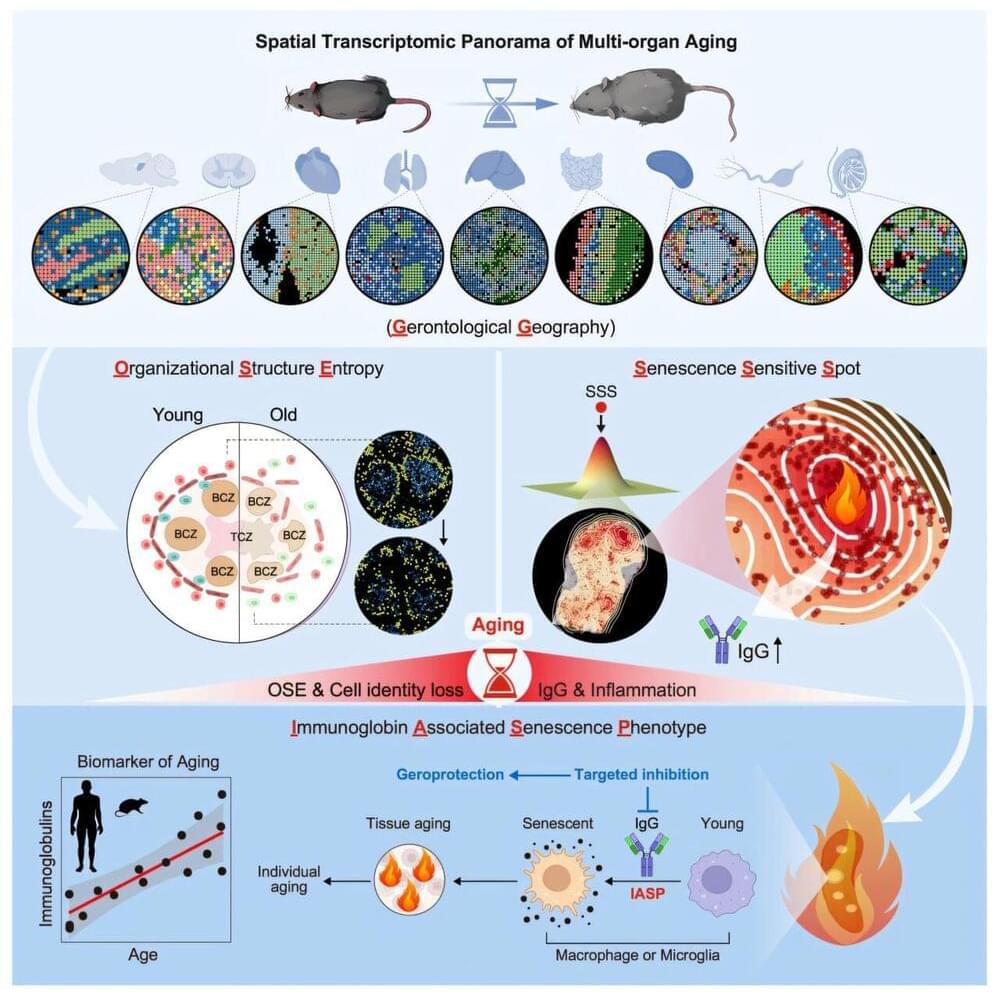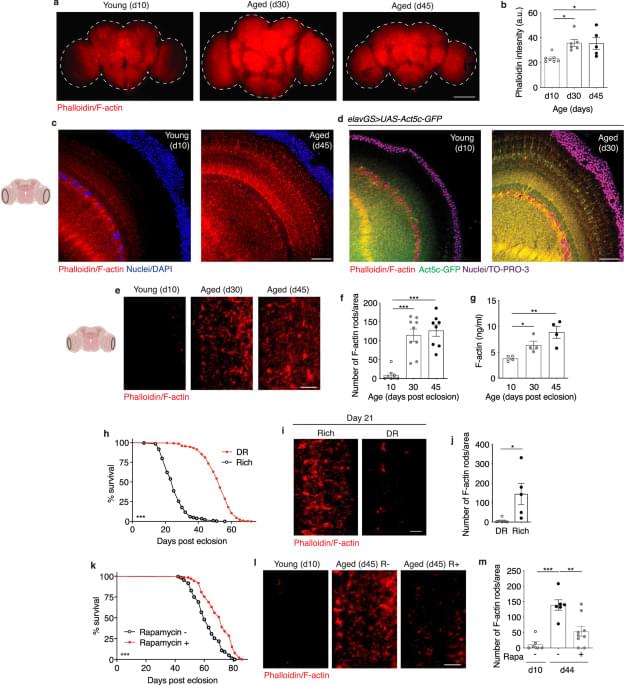A team of scientists from the Chinese Academy of Sciences (CAS) and BGI Research has uncovered the intricate mechanisms by which immunoglobulins influence the aging process, a finding that might reshape our understanding of aging.




We use our lips to talk, eat, drink, and breathe; they signal our emotions, health, and aesthetic beauty. It takes a complex structure to perform so many roles, so lip problems can be hard to repair effectively. Basic research is essential to improving these treatments, but until now, models using lip cells—which perform differently to other skin cells—have not been available.
In a study published in Frontiers in Cell and Developmental Biology, scientists report the successful immortalization of donated lip cells, allowing for the development of clinically relevant lip models in the lab. This proof-of-concept, once expanded, could benefit thousands of patients.
“The lip is a very prominent feature of our face,” said Dr. Martin Degen of the University of Bern.
When things get tough in adulthood, it might seem appealing to return to simpler times.
One bizarre marine creature has taken this approach to dire situations quite literally, regressing its physical adult body to a juvenile stage once the stress of starvation or injury has subsided.
Until now, the immortal jellyfish (Turritopsis dohrnii) was the only species thought to be able to wind back the clock on jelly-puberty like this, but now it’s joined by Mnemiopsis leidyi, better known as the sea walnut or the warty comb jelly.

We all want to ‘age successfully’ with as few health issues as possible. A new study suggests getting more than seven hours of sleep a night could go a long way to achieving that goal.
The study involved 3,306 participants aged 45 and over, whose sleep habits were recorded in 2011, 2013, and 2015, followed by a health check five years later. The data, analyzed by a team from Wenzhou Medical University in China, showed that those who bank at least seven hours of sleep a night tend to have significantly better health later in life.
“Successful aging was evaluated in 2020 and was defined as being free of major chronic diseases, no physical impairment, high cognitive function, good mental health, and active engagement with life,” write the researchers in their published paper.


A new study from researchers at Wilmer Eye Institute, Johns Hopkins Medicine explains not only why some patients with wet age-related macular degeneration (or “wet” AMD) fail to have vision improvement with treatment, but also how an experimental drug could be used with existing wet AMD treatments…
Wilmer Eye Institute researchers have found that ‘wet’ macular degeneration patients who don’t respond well to treatment have an increased protein in their eyes and that an experimental drug can help improve vision gains. ›

Remember to watch part 1: https://youtu.be/tANAl15CCLE
Welcome to the year 2,324, where humanity has transcended its Earthly origins to build civilizations across the solar system. Mars, Titan, and even the clouds of Venus are now home to more than 2.5 billion people, thanks to anti-aging technologies and AI-driven advancements. But how did we get here? And what does life look like in this brave new world? In this continuation of my speculative future series, I explore the political structures, societal shifts, and technological innovations that define our interplanetary existence. Get ready for a journey through a transformed solar system!
Like, comment, and subscribe to join me in imagining our cosmic future!
Credit to ‘StolenMadWolf’ for creating the collection that several of the solar system flags in this video are based on: https://www.deviantart.com/stolenmadwolf/gallery/82886572/sol-flag-collection

RegenxBio, a publicly-traded biotech firm, released data this week from a Phase 2 clinical trial designed to test its leading genetic therapy product in patients with bilateral wet age-related macular degeneration (AMD). AMD is characterized by abnormal growth of blood vessels in the retina, and is a leading cause of loss of vision in elderly populations globally.
ABBV-RGX-314, developed in collaboration with AbbVie, offers the potential of a one-time treatment for wet AMD and other retinal conditions, including diabetic retinopathy. This is in contrast to existing treatments which rely on repeated intraocular injections of drugs that inhibit a protein known as Vascular Endothelial Growth Factor (VEGF), a protein responsible for the formation of new retinal blood vessels.
The ABBV-RGX-314 therapy is based on a an AAV8 viral vector as a delivery system. The AAV8 platform has been genetically engineered to encode an antibody that can inhibit VEGF for the long-term.